American History: Lecture Quizzes (Unit 1 & 2)
1/223
There's no tags or description
Looks like no tags are added yet.
Name | Mastery | Learn | Test | Matching | Spaced |
|---|
No study sessions yet.
224 Terms
Philippines
. Country in the Pacific which the US acquired as a result of their victory in the Spanish American War. The US would spend over two years subduing the rebels (many more war casualties here than in the actual declared war) fighting for their independence which would not be grant until 1946.
Roosevelt's Corollary
The document Teddy Roosevelt adopted to amend the Monroe Doctrine, declaring in 1904 that the US might resort to using "international police power" to insure cooperation from Latin American countries.
Russian Revolution
This event occurring in March of 1917 would convince many that the allied powers were now on the side of democracy (Hint: no more
CPI
Organization created to sell the American people on the Great War by disseminating propaganda about the Germans and withholding news about the War effort.
Sedition Act
Act by Congress which made it illegal to speak against the War. Thousands of Americans would be arrested under these provisions including members of such groups as labor and socialists.
League of Nations
What President Wilson wanted more than anything from the peace conference after the Great War and was willing to compromise on reparations and self-determination in order to get it from Clemenceau and Lord George.
Versailles Conference
Name of peace conference held in France after the Great War in 1919
Jingoism
Attitude of boastful patriotism, where one favors an aggressive, threatening warlike foreign policy.
Pancho Villa
Guerrilla leader of a peasant army in Mexico. He killed American citizens and threatened the American border. President Wilson would send 6,000 troops into Mexico who would spend a year unsuccessfully pursuing him
John Pershing
American General who chased after Pancho Villa, and would later command the American forces in Europe during World War I.
Archduke Ferdinand
Leader of Austria who was assassinated in Sarajevo in June of 1914. This was the "spark" that started the Great War
Allies
Side in World War I which had the advantage of control of the seas ("awesome navy") and access to raw materials from its colonies.
Lusitania
British luxury liner which was sunk by a German submarine in May of 1915 killing over 1,000 people including over 100 Americans.
Zimmerman Telegram
Document intended for the Mexican government whose interception by British intelligence would affect public opinion in America, because now the isolationists could not claim that his war only concerned Europe
Spanish-American War
War called by Secretary of State John Hay, "a splendid little war".
Eugene Debs
Leader of Socialist Party who ran for the presidency five times, once in prison as he was arrested and convicted of violating the Espionage Act
Fourteen Points
Title of Wilson's plan for the peace after the war based on principles of international law and international cooperation.
Yellow Journalism
Term given to the type of reporting by such editors as Hearst and Pulitzer when dealing with the Cuban Revolution
Boxer Rebellion
A revolt in China in 1900, where "foreign devils" were attacked and killed. This helped bolster the US claim of a needed "open door".
Ethiopia
Country attacked by Mussolini in 1935 and because the League of Nations was unable to bring peace, the League's last shred of credibility died.
Neville Chamberlain
Prime Minister of Great Britain who traveled to Munich in September of 1938 and agreed to Hitler's demand in Austria and the Sudetenland. His actions are known as the "policy of appeasement".
Fascism
System of government characterized by rigid one-party dictatorship, forcible suppression of opposition, private economic enterprise under centralized government control, belligerent nationalism, racism and militarism.
Adolf Hitler
Dictator of Germany whose Mein Kampf was a long-winded exposition of Nazi philosophy and objectives.
Joseph Stalin
The Communist leader of the Soviet Union during World War II. He instituted mass purges which resulted in at least 8 million people being arrested and millions never returned from prisons and forced labor camps. For a short time referred to as "Uncle Joe".
Vladimir Lenin
Head of the Bolsheviks, who after assistance from the Germans in returning to Russia in 1917, seized control of the Russian Government in November 1917 in a ruthless coup d'etat.
Benito Mussolini
Fascist leader of Italy from the 1920s through the middle of WWII.
Franklin D. Roosevelt
President of the United States through all but the last few months of WWII
Alsace- Lorraine
Territory that was ceded to France as part of the Versailles Treaty, which led to much resentment on behalf of most Germans.
Sudetenland
Name of western part of Czechoslovakia which Hitler would invade after taking Austria and led to the calling of the Munich Conference.
Poland
Country attacked by Germany in 1939, which provoked both France and Great Britain to declare war on Germany, thus starting WWII.
Winston Churchill
British Prime Minister who came to power on May 10, 1940 and replied to Hitler's demand to surrender by saying , "We shall fight on the beaches, in the fields in the streets, in the hills, We shall never, never surrender."
Nonaggression Pact
Name of agreement that shocked the world when Stalin and Hitler agreed to do this in 1939.
Luftwaffe
Name of German Air Force.
Blitzkrieg
German word for Hitler's armies using planes, tanks and trucks in a "lightening war".
Neutrality Acts
Name of collective acts of Congress from 1935-1938 whose purpose was to legislate out of existence all the factors that had led the US into WWI
Lend-Lease
Policy of economic aid given first to Great Britain and then the USSR during WWII. FDR would argue that doing this would be like lending a hose to our neighbor if his house was on fire.
December 7, 1941
Date of the Japanese attack on Pearl Harbor
Dwight D. Eisenhower
General who would be the Allied Supreme Commander in Europe during WWII.
Douglas MacArthur
Supreme Commander of Allied forces in the Pacific during WWII.
Big Three
Name given to Churchill, Stalin and FDR during WWII.
June 6, 1944 (D-Day)
Day of the invasion of the mainland of Europe (D-Day) where the allied powers after fierce fighting would then begin their drive into Germany.
Korematsu v. US
Supreme Court case where the Supreme Court upheld FDR's executive order to send Japanese-Americans to internment camps during the war.
Holocaust
The systematic destruction of over six million Jews by the Nazis before and during WWII.
Yalta Conference
Last conference of the "Big Three" that took place in March of 1945. Here Stalin argued for a divided Germany and stated his opposition to free elections in eastern Europe.
Teddy Roosevelt
President from 1901-1909.
Woodrow Wilson
President from 1913-1921.
William McKinley
President from 1897-1901.
William Taft
President from 1909-1913.
Franklin D. Roosevelt
President from 1933-1945
1929-1933
Herbert Hoover (dates)
Republican
Herbert Hoover (party)
Herbert Hoover
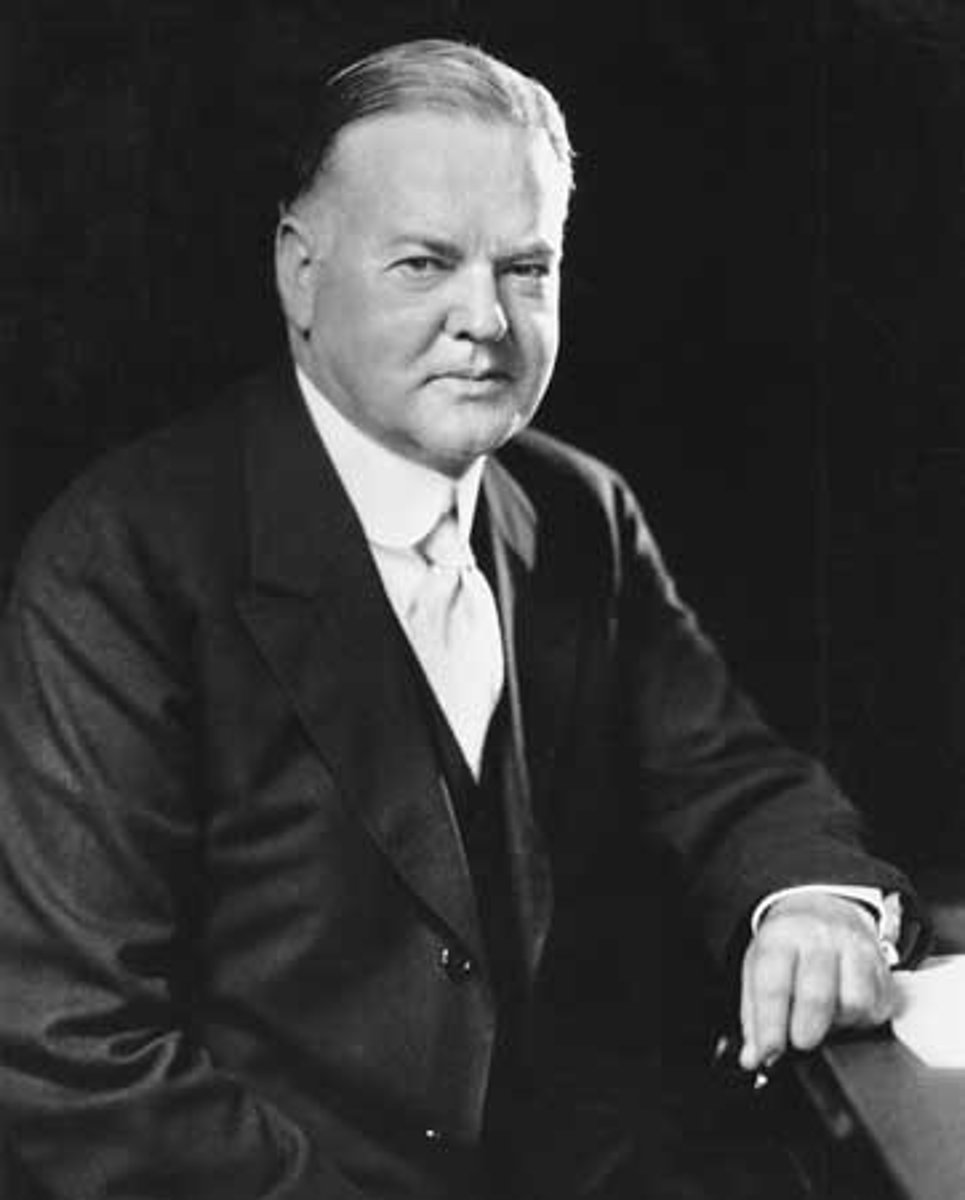
1969-1974
Richard Nixon (dates)
Republican
Richard Nixon (party)
Richard Nixon
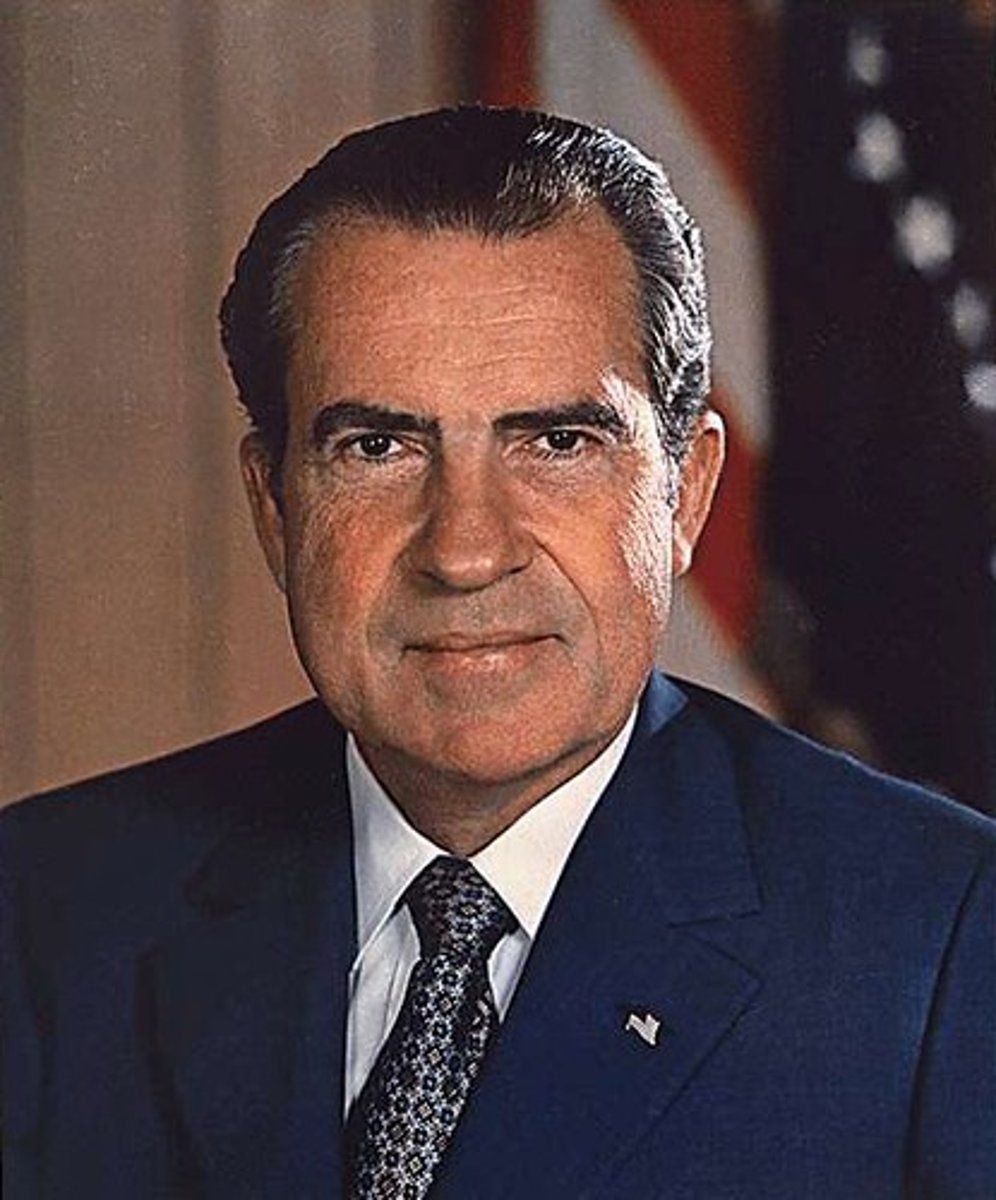
1901-1909
Theodore Roosevelt (dates)
Republican
Theodore Roosevelt (party)
Theodore Roosevelt
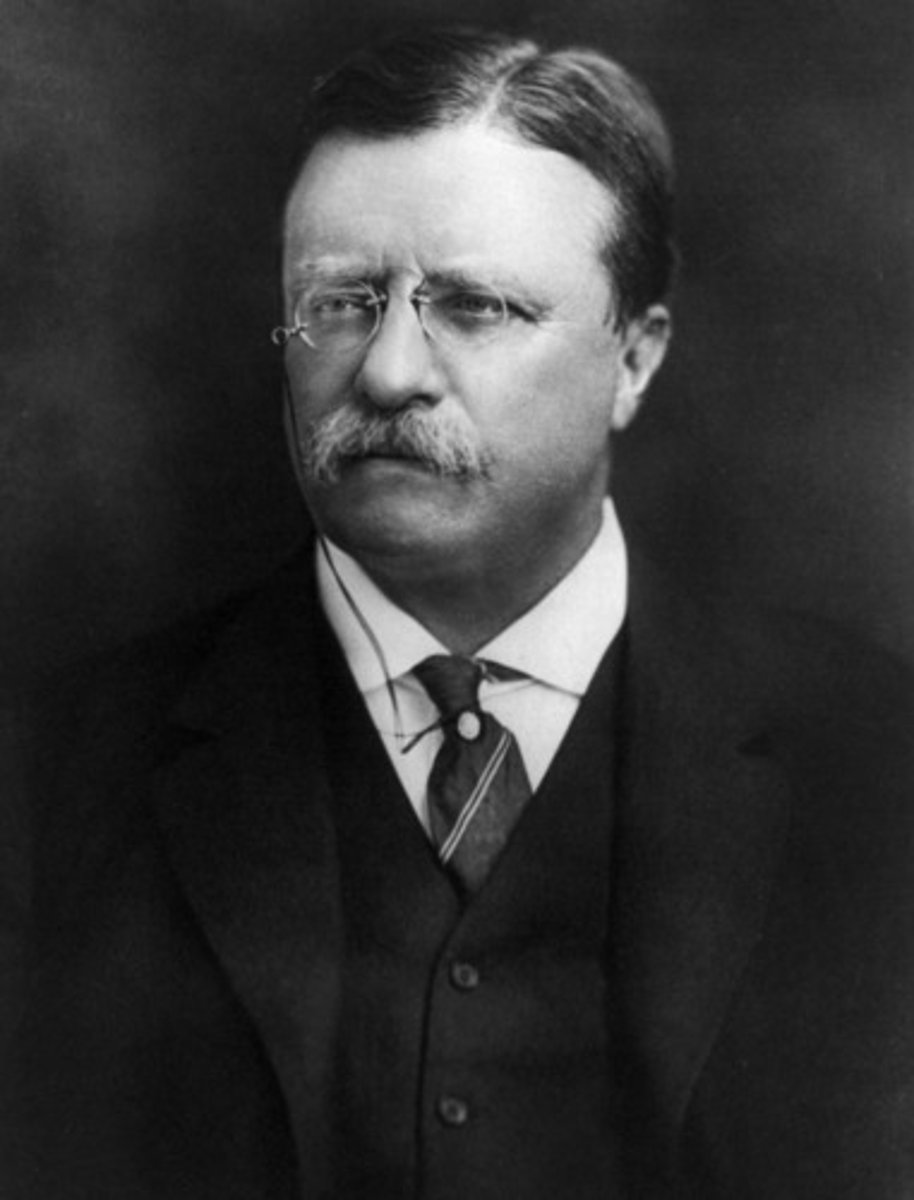
2001-2009
George W. Bush- the younger (dates)
Republican
George W. Bush- the younger (party)
George W. Bush- the younger
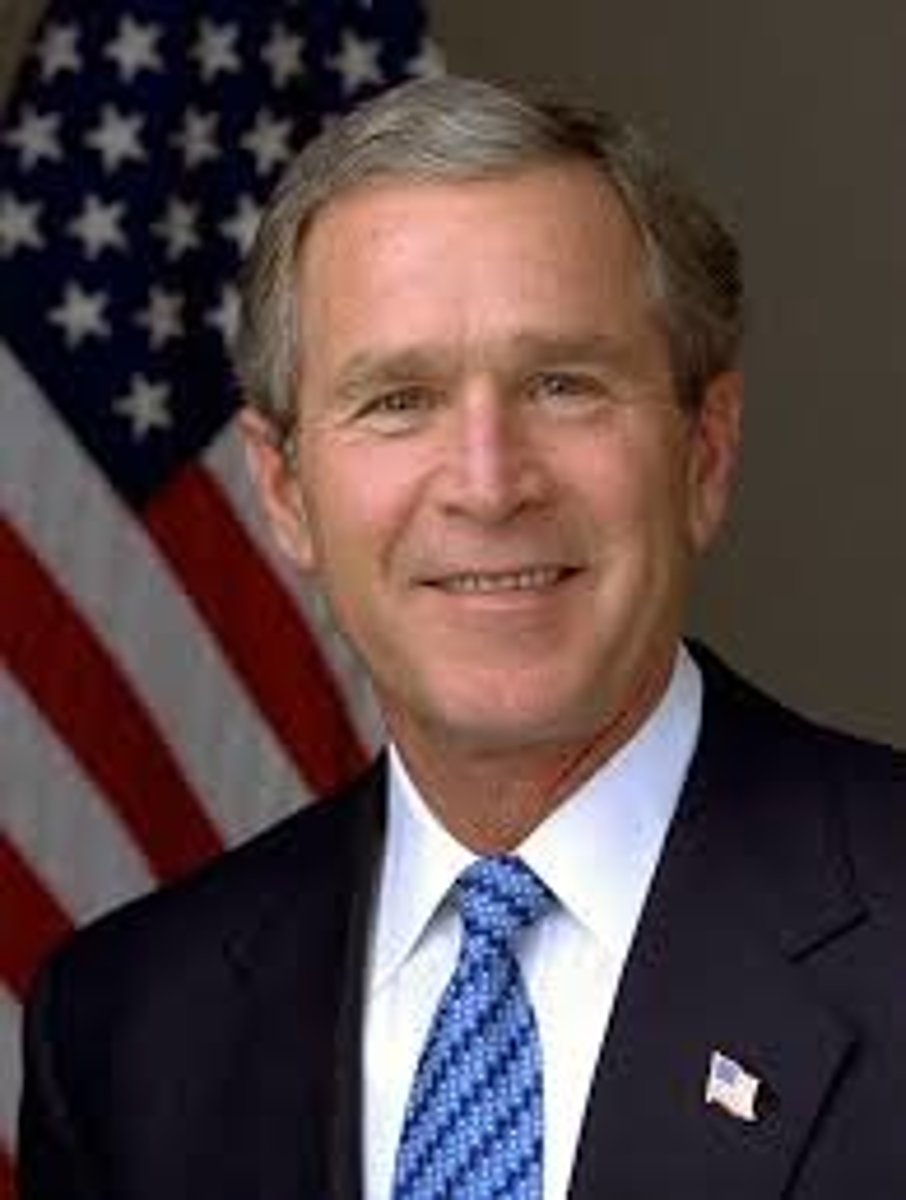
1981-1989
Ronald Reagan (party)
Republican
Ronald Reagan (party)
Ronald Reagan
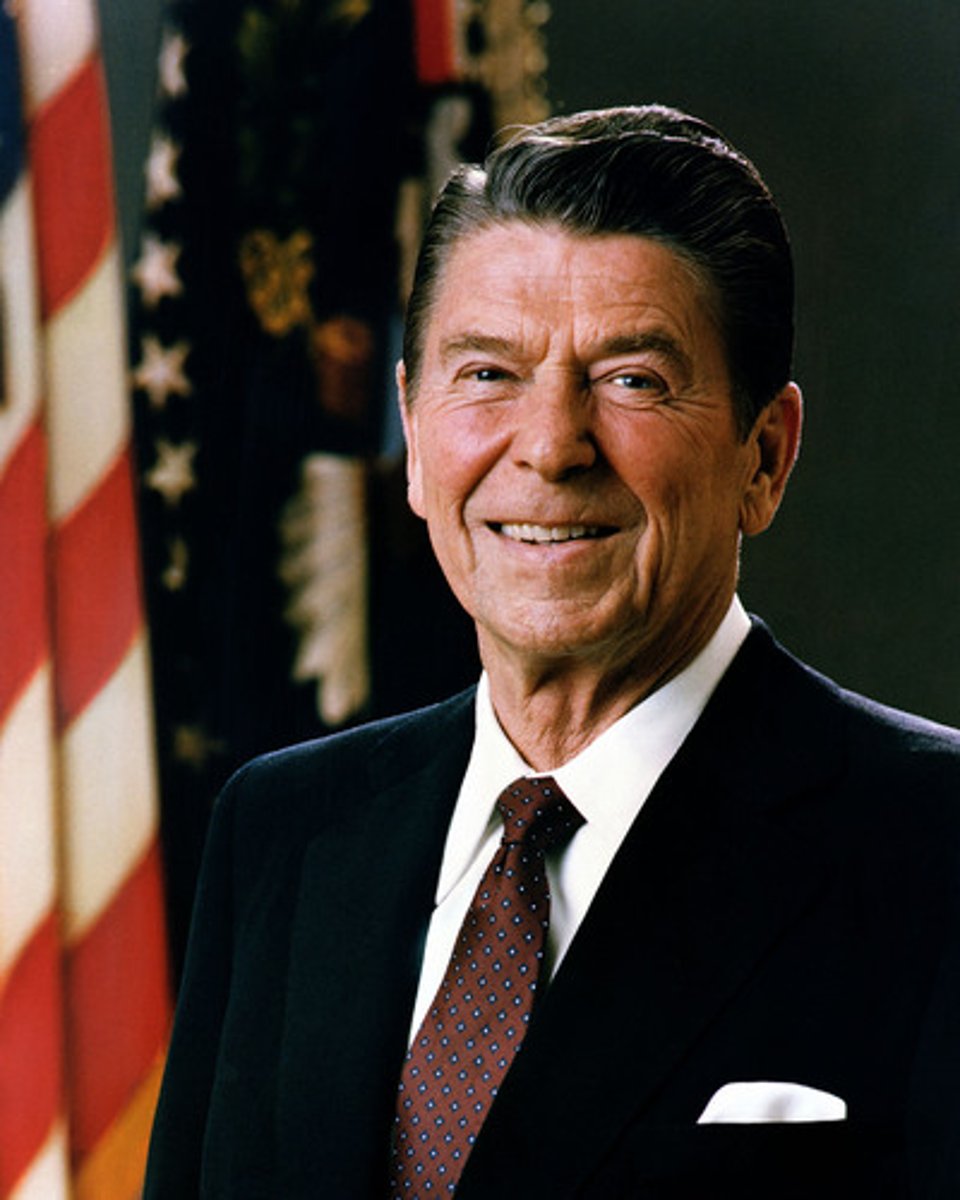
1933-1945
Franklin D. Roosevelt (dates)
Democratic
Franklin D. Roosevelt (party)
Franklin D. Roosevelt
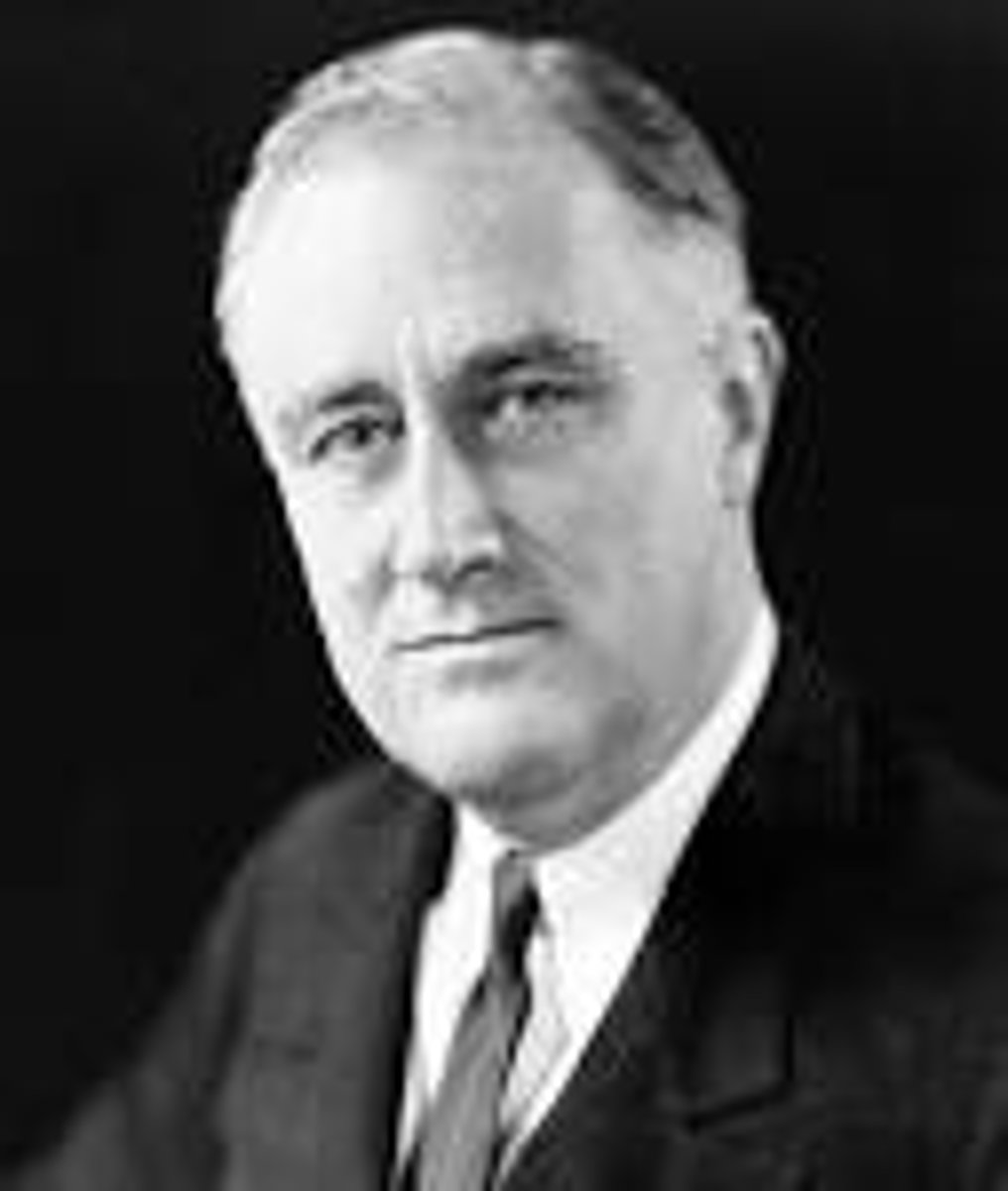
1913-1921
Woodrow Wilson (dates)
Democratic
Woodrow Wilson (party)
Woodrow Wilson
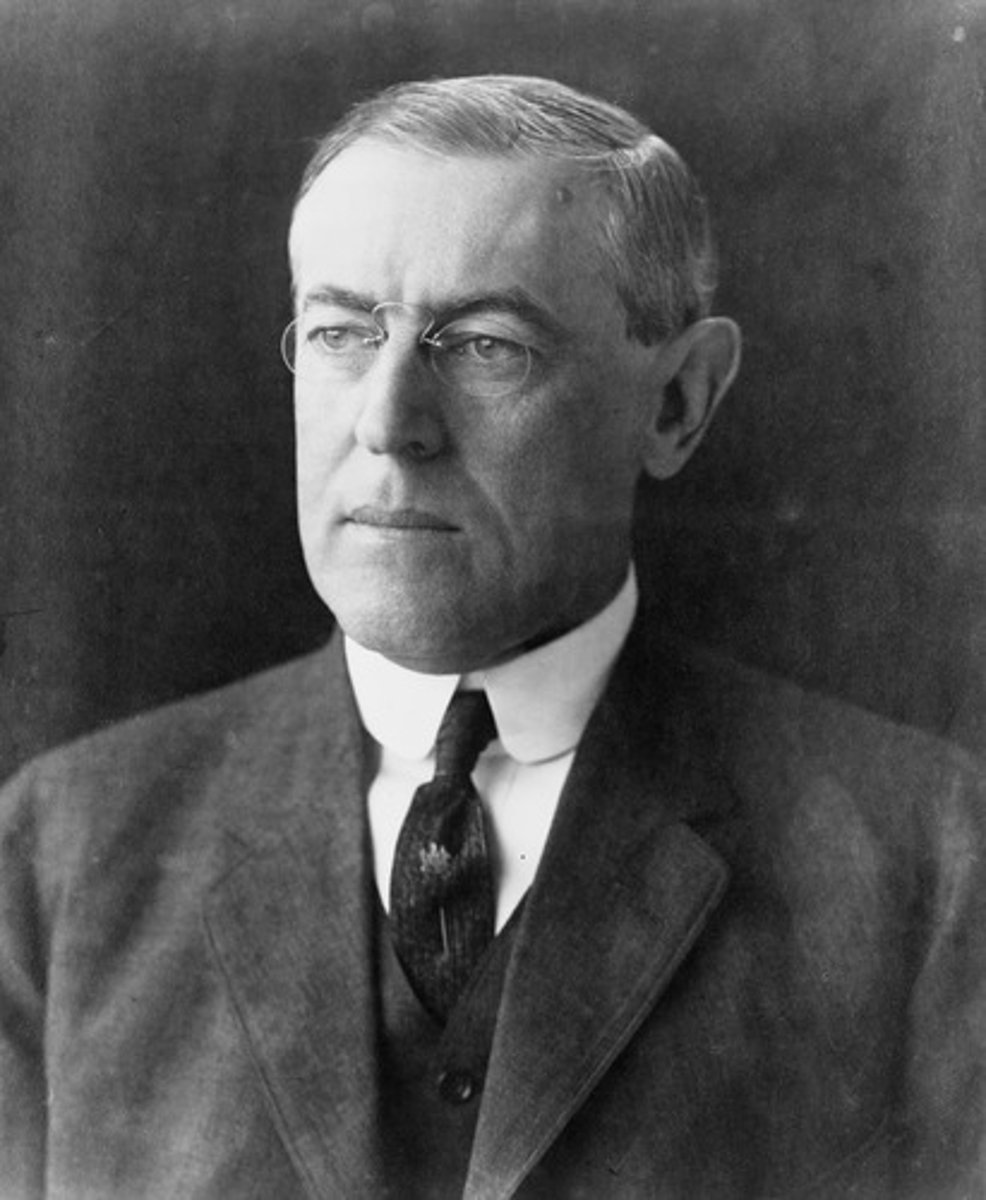
1953-1961
Dwight D. Eisenhower (dates)
Republican
Dwight D. Eisenhower (party)
Dwight D. Eisenhower
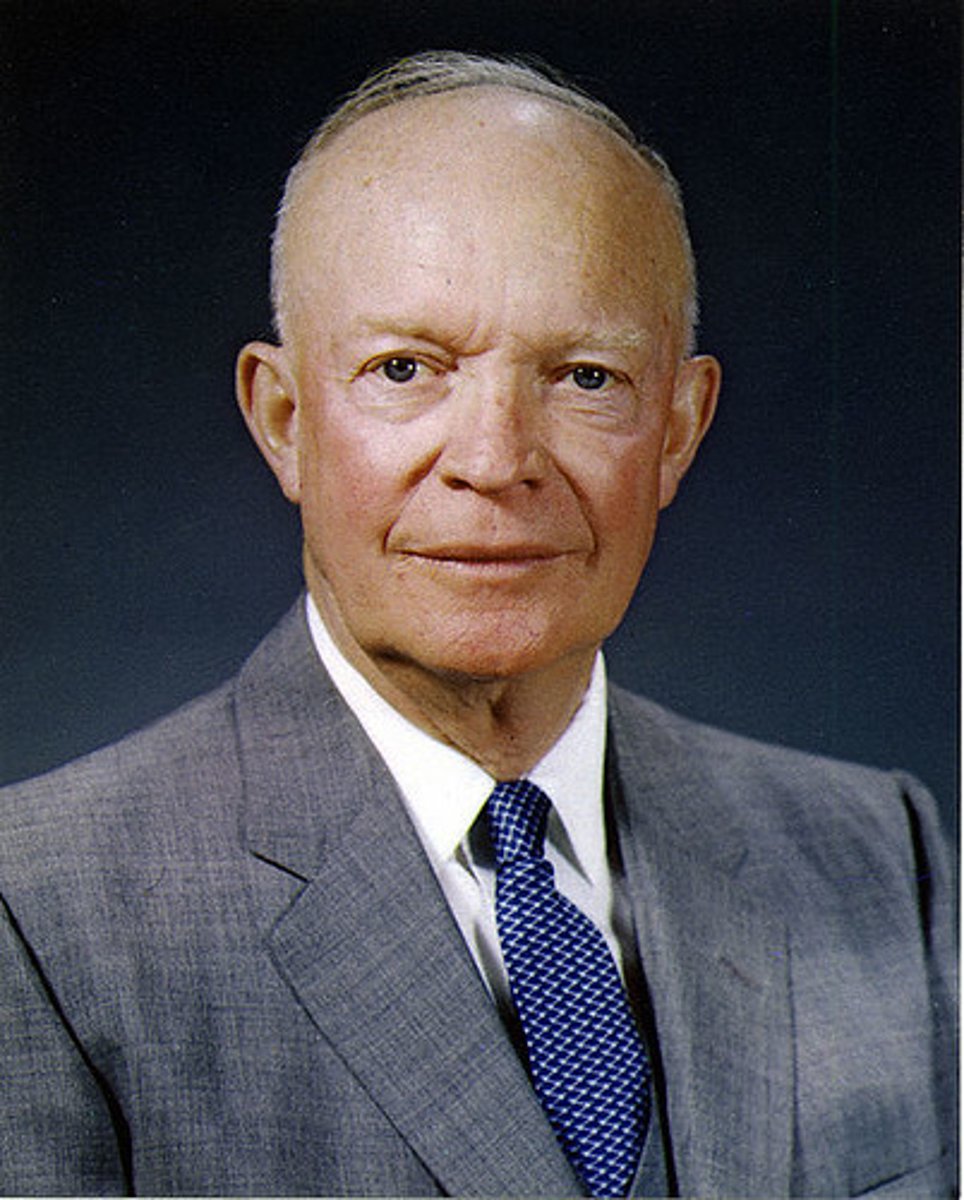
1961-1963
John F. Kennedy (dates)
Democratic
John F. Kennedy (party)
John F. Kennedy
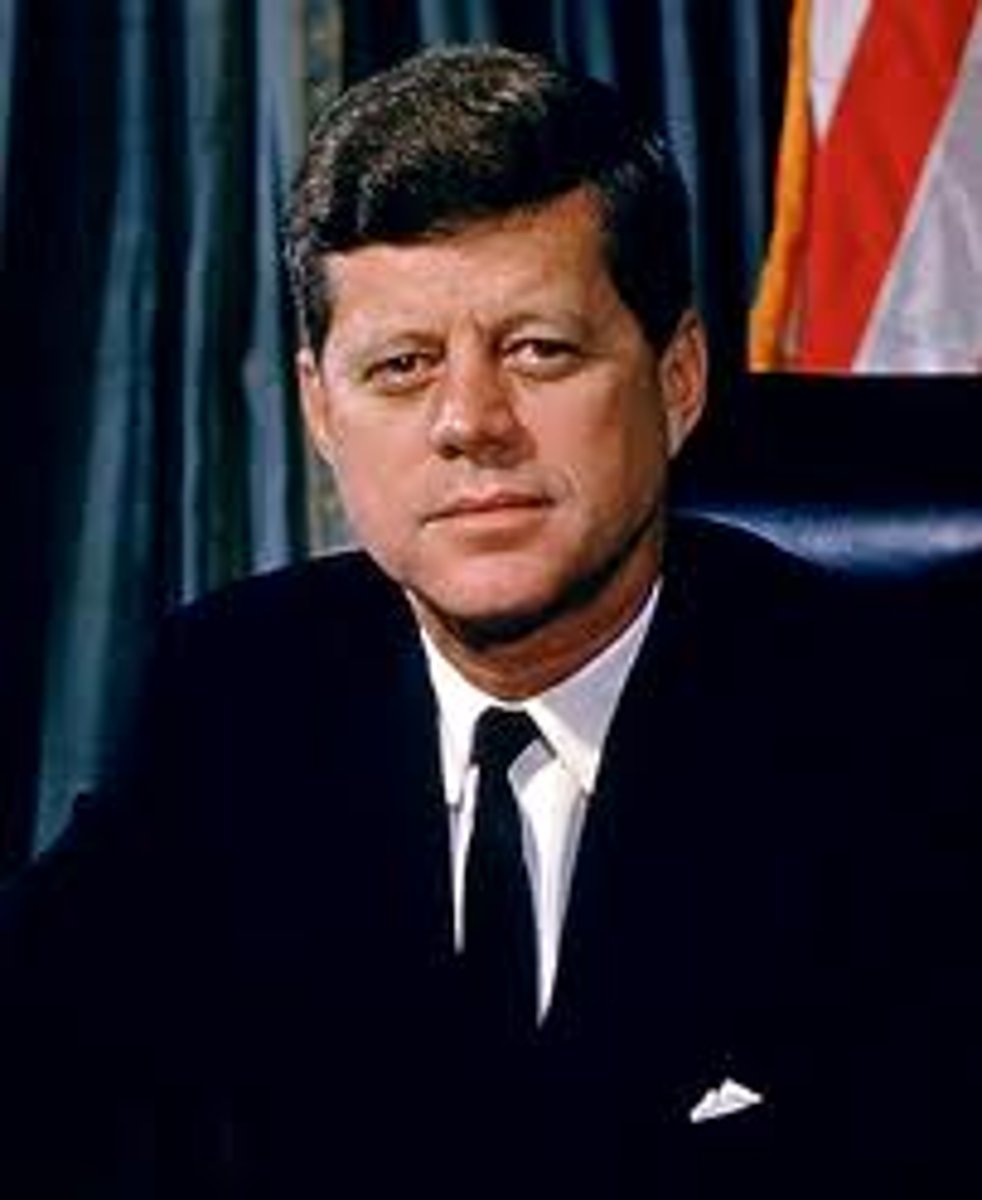
1977-1981
Jimmy Carter (dates)
Democratic
Jimmy Carter (party)
Jimmy Carter
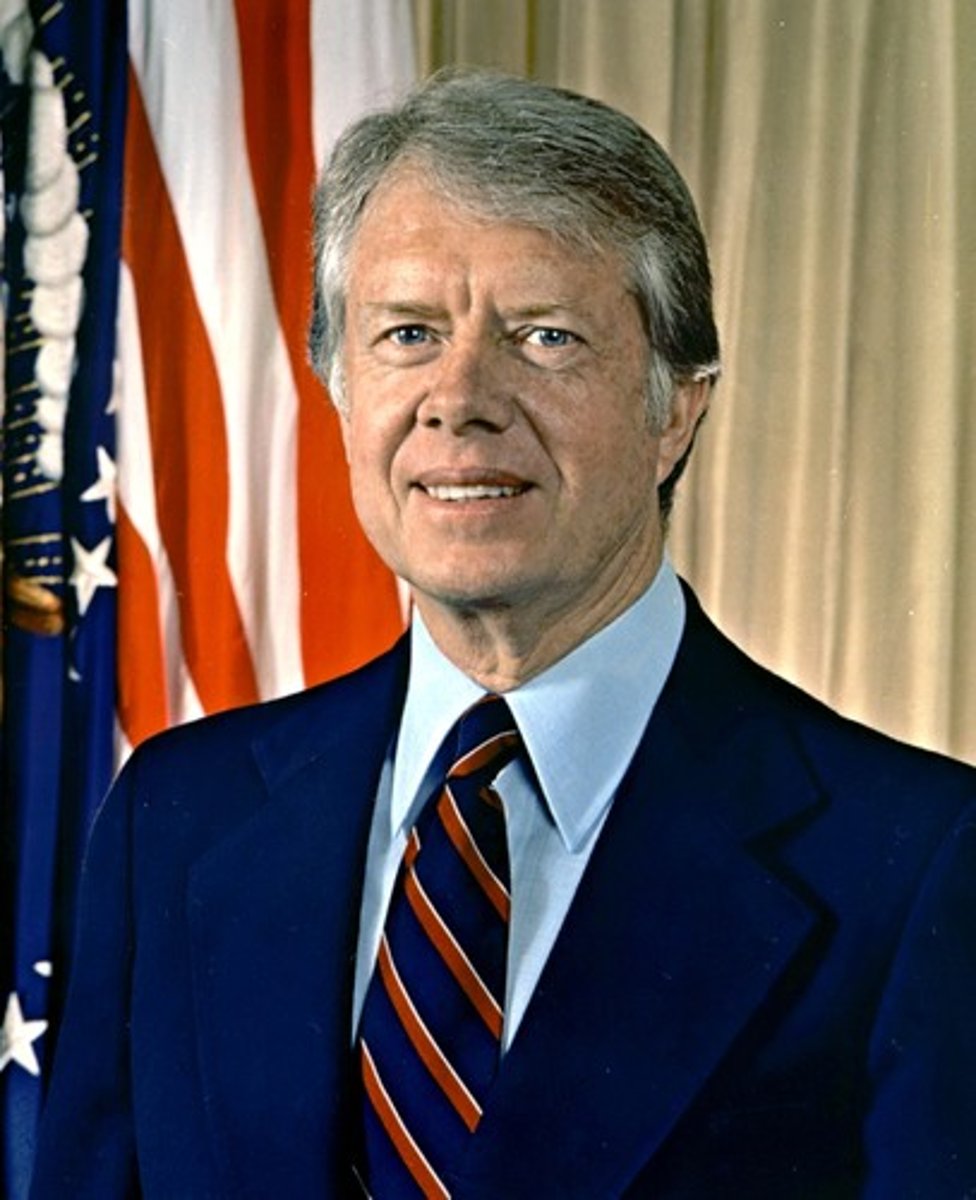
1945-1953
Harry S. Truman (dates)
Democratic
Harry S. Truman (party)
Harry S. Truman
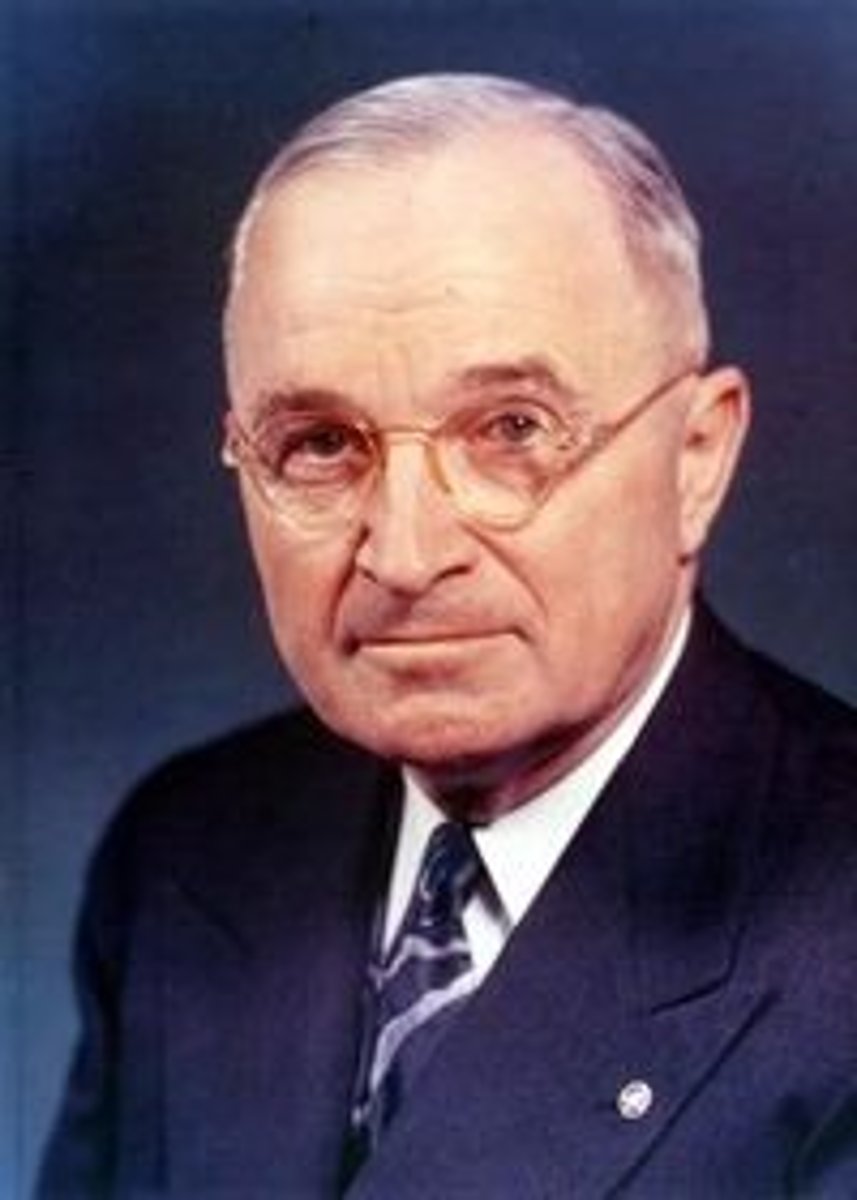
1993-2001
Bill Clinton (dates)
Democratic
Bill Clinton (party)
Bill Clinton
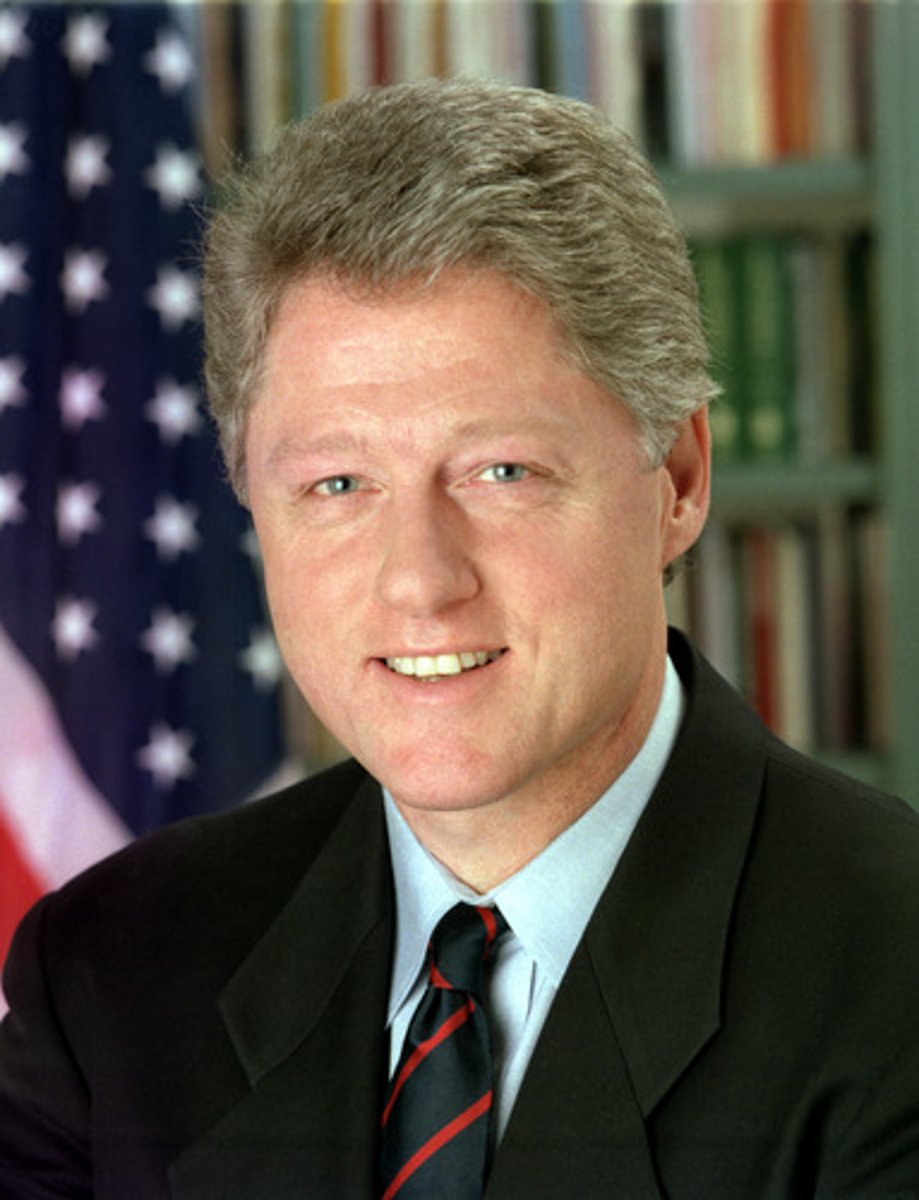
1921-1923
Warren G. Harding (dates)
Republican
Warren G. Harding (party)
Warren G. Harding
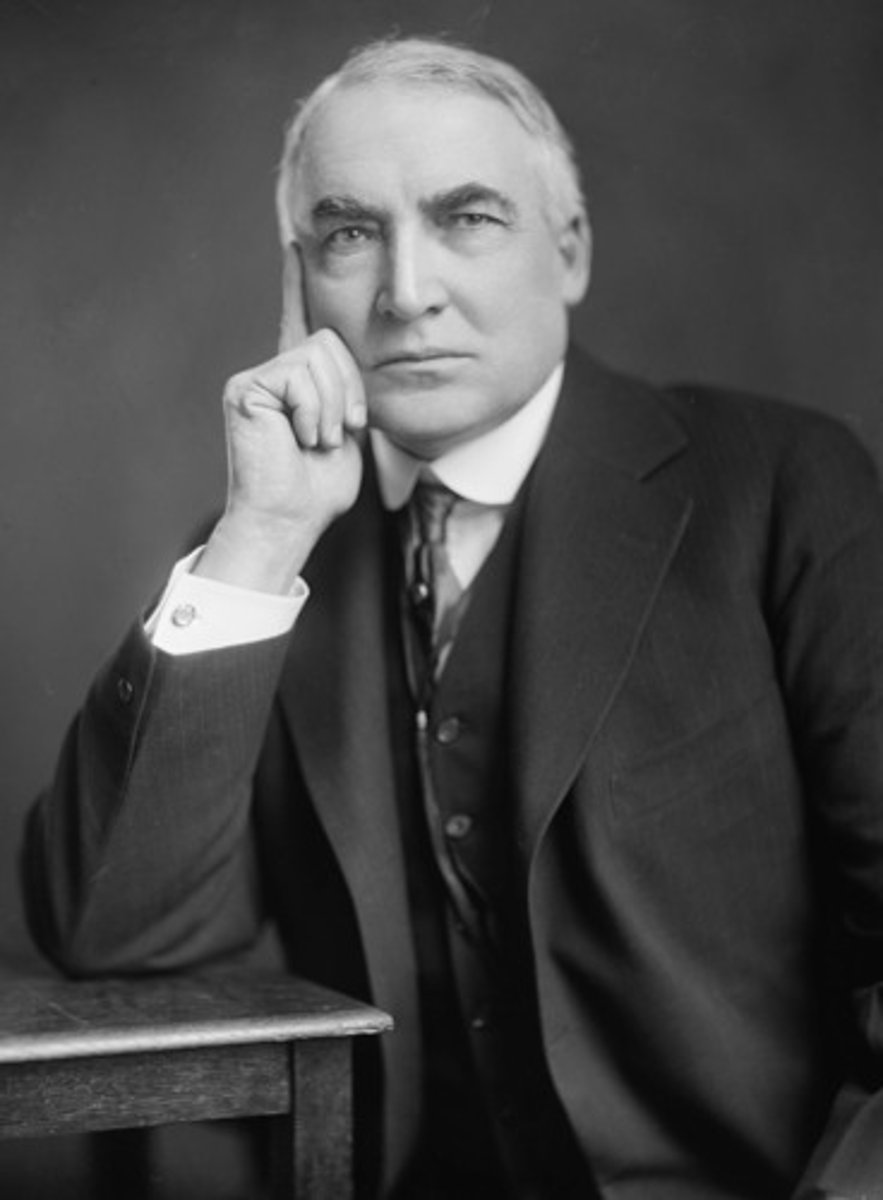
1909-1913
William Howard Taft (dates)
Republican
William Howard Taft (party)
William Howard Taft
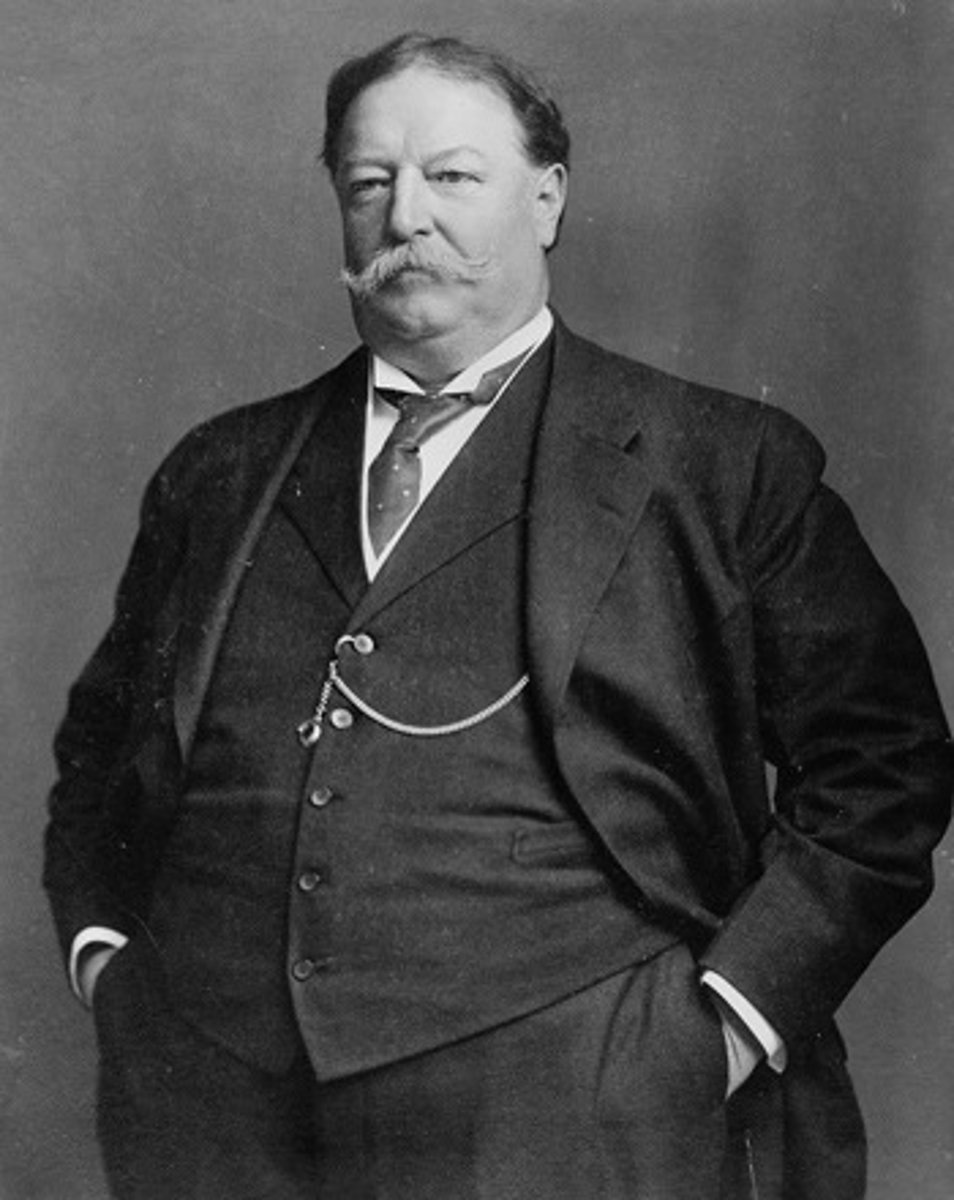
1989-1993
George H. W. Bush- the elder (dates)
Republican
George H. W. Bush- the elder (party)
George H. W. Bush- the elder
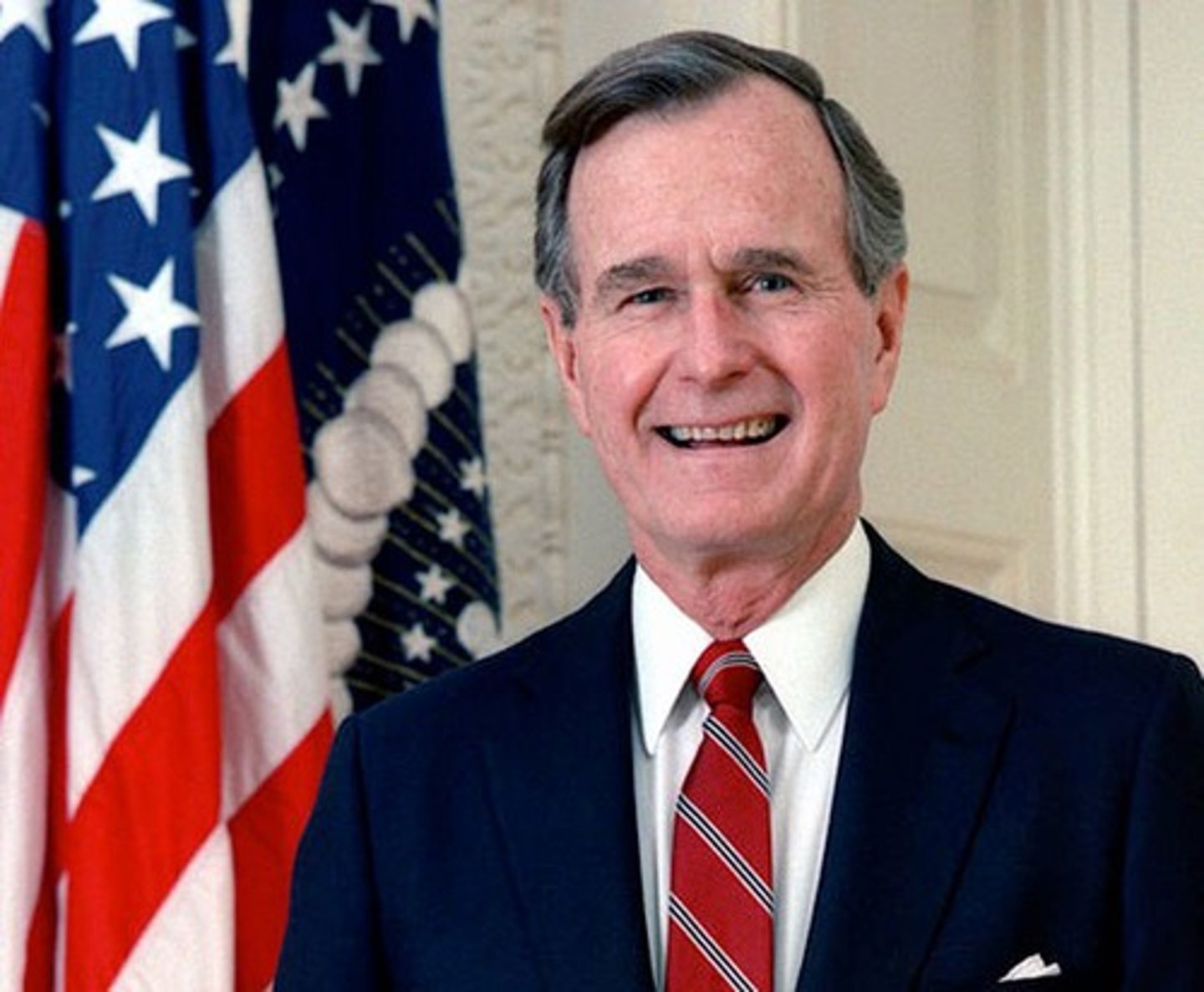
Potsdam
Conference held summer after VE day, with Truman replacing FDR, and Attlee replacing Churchill, they met with Stalin to plan for the peace after the war. Major disagreement erupted between Truman and Stalin over post war plans for Germany and Eastern Europe.
Hiroshima
Site of the dropping of the first atomic bomb on August 6, 1945.
Mao Zedung
Leader of communist in China who won their civil war in 1949.
NATO
Military agreement or alliance between the United States and the western European nations to come to the aid of each other is a conflict with the Soviet Union occurred.
Policy of Containment
. Foreign policy promoted by George Kennan, which stated that the US should keep communism from spreading beyond its existing borders. Would be the "bible" of foreign policy from 1947 until 1991.
38th Parallel
Where Korea was and is divide